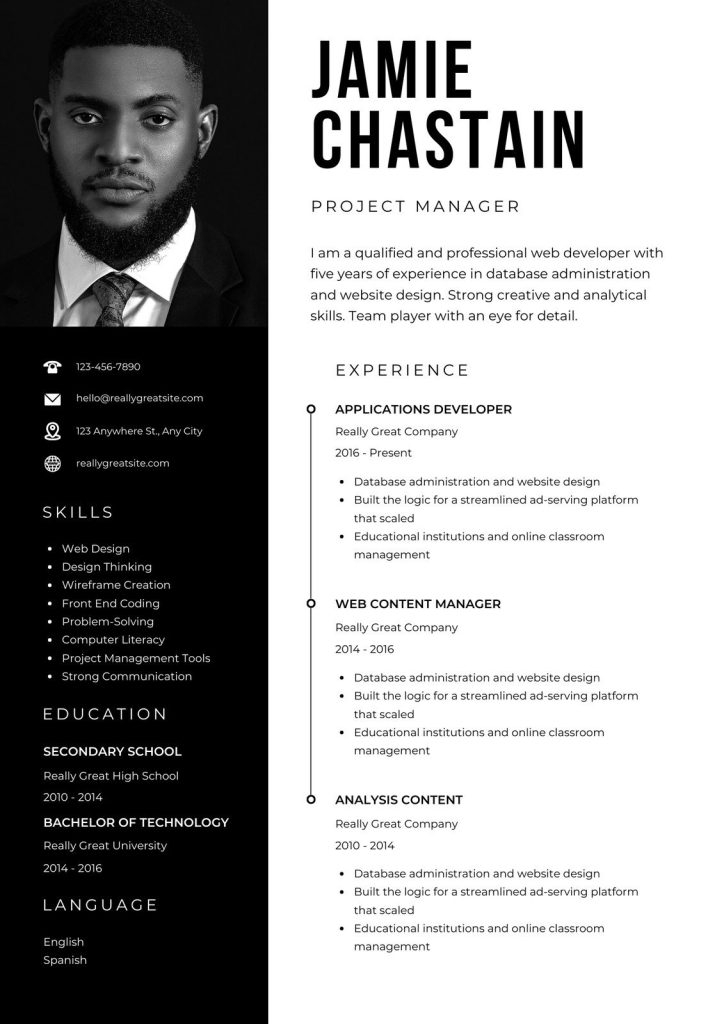Career Switch: Your Guide for a Smooth Career Transition
There’s a saying that goes, ” Change is always constant.” Change is bound to happen around and within us for various reasons: changes of heart, changes of environment, and even changes in our careers. Almost nothing is fixed in life.
Regarding careers, we change for different reasons, such as more financial gains, loss of interest in our present field, or even just for the sake of exploration. Whatever the reason may be, one needs to undergo important processes to transition into a new field. Several things need to be considered to feel fulfilled and satisfied with your new role. This article will guide you to these few points to have in mind.

Self-Assessment
Before finding solutions, one needs to know what the problem is, and that’s where self-assessment comes in. You need to take time and evaluate yourself. We can lie to others but not ourselves. Note down your skills, strengths, interests, and values. Understand what made you lose interest in your previous job and the sort of motivation you are looking for at your future job.

Research
At this point, you have an idea of what field you want to go in. But the idea of moving to something new shouldn’t excite you so much that you forget to do your research about your intended field. Conduct thorough research on the job roles you have in mind, get to know the salary ranges and what the job truly entails, and understand the skill requirements. Networking with professionals in the industry and attending events concerning this industry also counts as research as long as you get a better understanding of what you are moving into.

Skill Development
After a successful self-assessment and research on skills needed for a new role, you need to identify whatever skill gaps you have between your current area of expertise and your new desired role. Invest your time and resources in acquiring the necessary skills through training programs, workshops, and online courses. It doesn’t hurt to also develop a personal learning plan to help you stick to your learning process.

Gain Practical Experience
It’s like they say, “Practice Makes Perfect.” This applies to your acquired skills. Experience is needed to elevate your level in this new field. Engage in volunteer work, freelance projects, or internships. Always be on the lookout for opportunities to place yourself and gain as much experience as possible.

Update Your Resume
Highlighting your skills and experience in your resume increases your chances of getting roles in your desired field as recruiters get to see just how capable you are to handle what is assigned to you. So, keep your resume updated and customise your application materials to align with the requirements or expectations of potential employers in the new field.

Transitioning to a new professional line is a huge move that requires careful planning and preparation. Patience and perseverance are personal skills needed as sometimes it takes a while to land your first role, but when you get what you have wanted, it brings so much satisfaction, and that’s what matters
.






